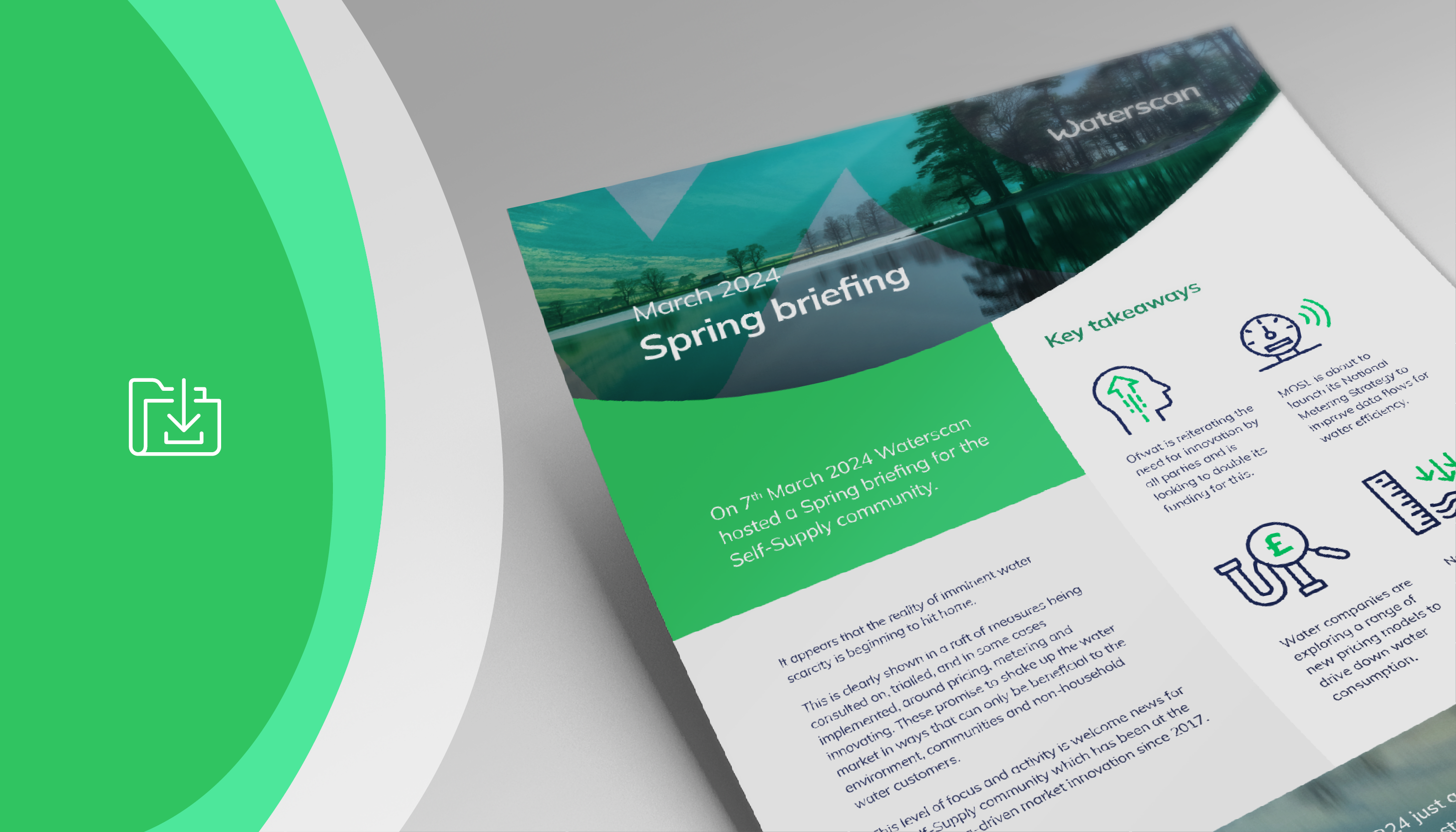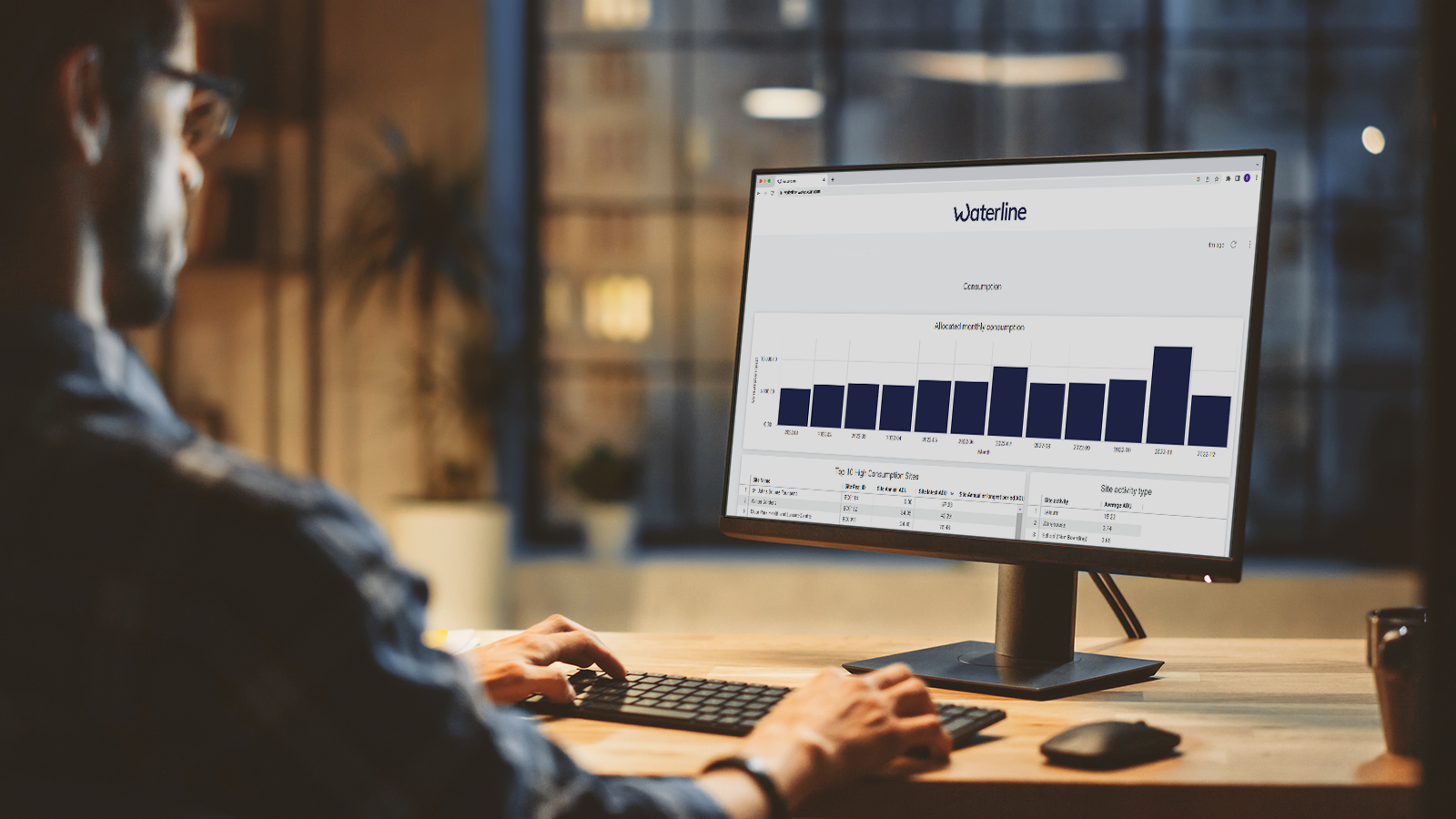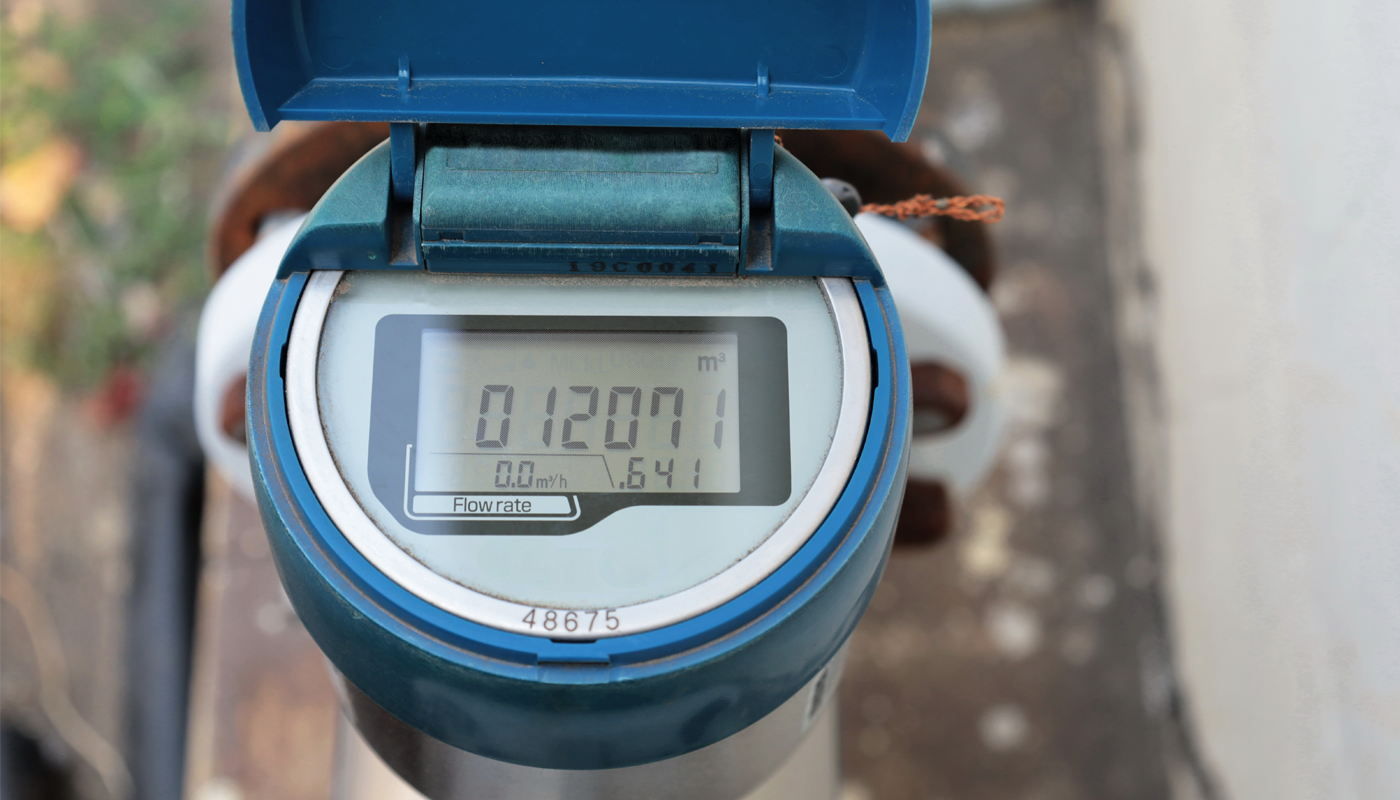Water market regulator, Ofwat, has published its annual State of the Market report which outlines its assessment of the market, five years on from deregulation.
The headlines are… well to be honest, there aren’t any headlines.
As the report title, Five Years Open for Business – Taking Stock, suggests, it’s a stocktake, nothing ground-breaking:
…overall awareness of the market, activity in the market and satisfaction with current retailer are broadly in line with previous years with no significant changes in the results from last year’s survey.
It’s a real shame that this milestone five-year report isn’t able to herald undeniable success, especially since it comes in a year that has been a real wake-up call for most regarding the UK’s fragile water supplies.
So, what does it tell us?
There are some positives. Wholesaler/retailer collaboration has greatly improved following the introduction of a bilateral hub. In time, this should trickle down into improving the customer experience and better data in the market, and we welcome this.
Another positive is that the market continues to move towards Self-Supply as the benefits of this approach become progressively evident, and retail price increases make the business case even stronger. As companies emerge from pandemic firefighting and begin to focus once more on keeping costs down, building operational resilience and planning for the future, the Self-Supply model cannot be rivalled as a pathway to a sustainable water future. More than that, businesses taking this path to water efficiency fill the gaps in the market’s understanding of customer needs and go on to help shape it in a way that works for all commercial water customers.
However, the report also tells us that myriad competing priorities have pushed water even further down the to-do list. Only half of businesses are aware that they have a choice of retailer. For those big businesses that consume the most water, awareness of this opportunity has dropped significantly to the lowest level since the market began (57% now, compared to 96% in 2019-20).
It also reveals that only 23% of larger businesses are acting on their opportunity to negotiate or switch suppliers – also down year on year. For start-ups and early-stage businesses that began trading since 2017, water isn’t even on their radar: just 4% of these new businesses are active in the market and, as these businesses grow, their environmental impacts will too. It suggests that investment should be stepped up in the production and marketing of educational materials that explain how important the need for water efficiency is.
Those that are active in the market are driven by a desire to secure a reliable water supply without interruption. Price, customer service and billing quality follow in the list of priorities, and, right at the bottom of the list is water efficiency. Disappointingly, it seems that only 7% of business customers regard water efficiency as a priority. In fact, the proportion of customers mentioning water efficiency has decreased over the last two years (from 25% in 2020 to 7% in 2022). This suggests that most do not make the link between the reliability and the cost of their water supplies and being water efficient. Data and support on this are urgently needed.
Consumption and efficiency go hand in hand of course. And even though efficiency is surely the ultimate goal, and aligned with Defra’s and the Environment Agency’s direction, we do not have an update on this.
…we have observed an even stronger skew in the consumption levels in the market with a very small number of very large water users making up the vast majority of consumption. However, this year’s data does not report on consumption levels.
Looking ahead to next year’s State of the Market report, it would be great to see some bold headlines proclaiming success in three key areas:
- Firstly, verifying that changes to market governance introduced in 2022 have tackled the persistent market frictions of data quality, wholesaler performance and trading party interaction.
- Second, heralding that the industry can now move beyond measuring awareness and switching behaviour to metrics on what really matters – to what extent we’re preserving our critical water supplies.
- Third, revealing that all British businesses understand the need to act on sound water stewardship and that engaging in the market – either through Self-Supply or retailer, working in partnership with Waterscan – is a means to achieving this.
For that to happen, the whole industry needs to quicken the pace of change. After all, if the water market isn’t taking huge strides forward, how can we expect businesses to give water the attention it sorely needs? The time to make that happen is now.




